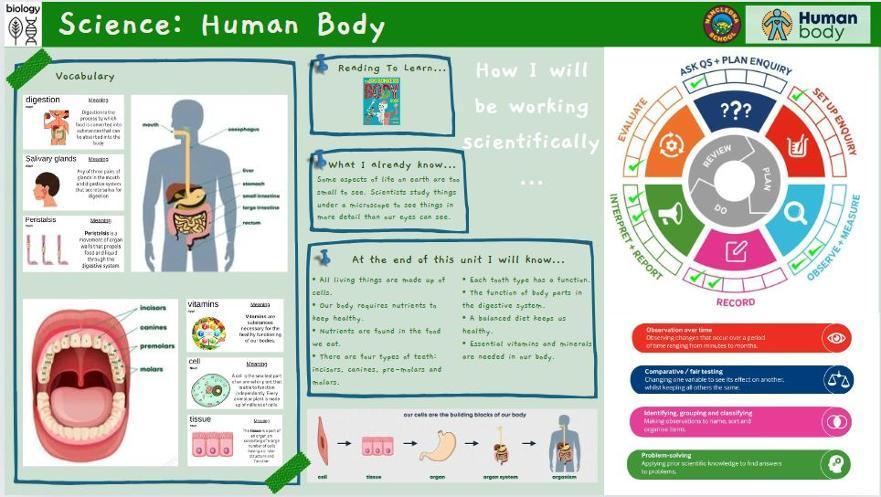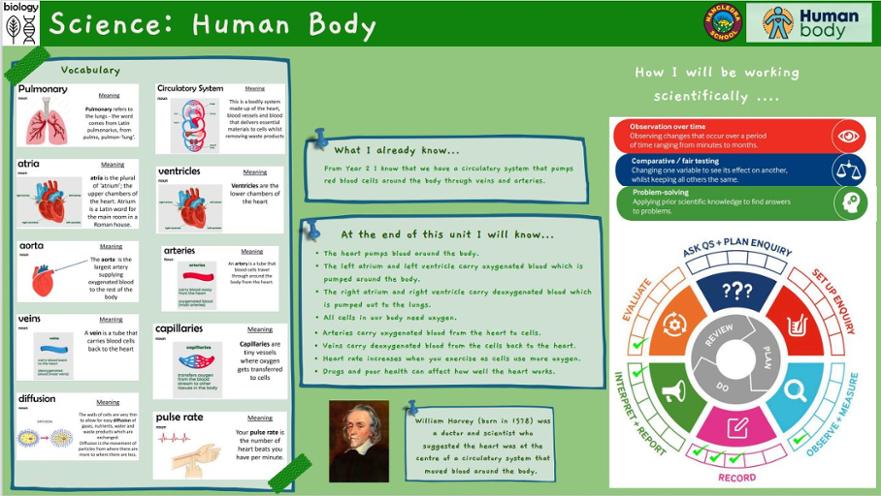Nancledra Science Curriculum
Intent
At Nancledra School, in conjunction with the aims of the National Curriculum, our Science curriculum ensures that children:
- Develop scientific knowledge and conceptual understanding through the Primary Knowledge Curriculum;
- Develop understanding of the nature, processes and methods of Science through different types of science enquiries that help them to answer scientific questions about the world around them;
- Are equipped with the scientific knowledge required to understand the uses and implications of Science, today and for the future.
- Develop the essential scientific enquiry skills to deepen their scientific knowledge.
- Use a range of methods to communicate their scientific information and present it in a systematic, scientific manner, including I.C.T., diagrams, graphs and charts.
- Develop a respect for the materials and equipment they handle with regard to their own, and other children’s safety.
- Develop an enthusiasm and enjoyment of scientific learning and discovery.
Children have weekly lessons in Science throughout Key Stage 1 and 2. In Early years, science is taught through the children learning about the world around them in their learning through play along with direct adult instruction.
Click on the subject handbook below for our curriculum plans.
|
|
24 25 Science Curriculum Handbook Website FINAL. | [pdf 833KB] |
|
|
|
23 24 Science Curriculum Handbook Website | [pdf 497KB] |
|
Class Three Knowledge Organiser
Click below to see a sample of our Class Three knowledge organiser. We use these to help support the children's learning throughout each unit. We also use them to make prior and future links explicit as we know this is how we can ensure children know and remember more, we like to call this sticky learning.
Class Four Knowledge Organiser
Click below to see a sample of our Class Four knowledge organiser. We use these to help support the children's learning throughout each unit. We also use them to make prior and future links explicit as we know this is how we can ensure children know and remember more, we like to call this sticky learning.



